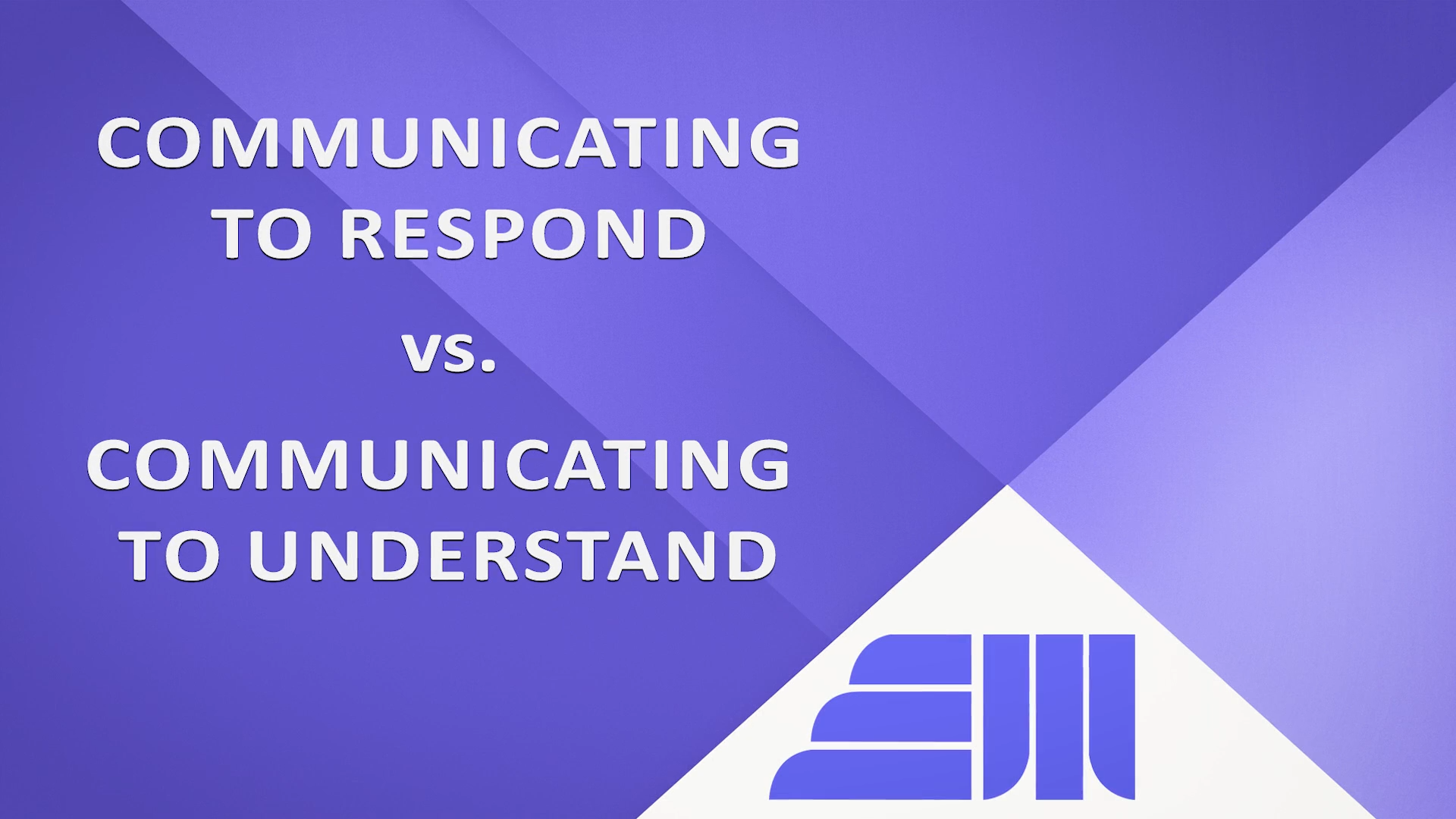
Distinguish Your Leadership with the Combination of Passion and Compassion
Being a passionate leader is no longer enough. Great leaders balance fire with empathy, drive with discernment, and urgency with understanding...

Founder
By Gerald Parsons • Oct 10, 2023
Communication is the lifeblood of any organization, relationship, or community. However, when communication falters or breaks down, the costs can be substantial and far-reaching. Poor communication can have profound consequences, impacting businesses, relationships, and even personal well-being. In this article, we will delve into the high cost of poor communication and its various implications.
In the business world, opportunities often come and go in the blink of an eye. Poor communication can cause delays in decision-making, making it challenging to seize opportunities when they arise. Whether it's a missed chance to secure a lucrative deal or failing to respond to changing market trends, these lost opportunities can lead to decreased revenue and market share.
Within organizations, ineffective communication can significantly hinder productivity. Misunderstandings, unclear instructions, and a lack of coordination among team members can result in wasted time and effort. This can lead to missed deadlines, subpar work quality, and increased operational costs.
A company's reputation is often built on how it communicates with its customers, stakeholders, and the public. Poor communication, such as insensitive responses to customer concerns or misleading advertising, can damage a company's reputation irreparably. Rebuilding trust is a costly and time-consuming process that can have long-term financial implications.
Employees who do not feel heard or informed are more likely to become disengaged and less committed to their work. This disengagement can lead to lower morale, increased turnover rates, and higher recruitment and training costs. Companies with poor internal communication also struggle to retain top talent.
Miscommunication can have legal ramifications. Contractual disputes, compliance issues, and negligence claims can all arise from miscommunication within organizations. Legal battles are not only costly in terms of legal fees but also in terms of the time and resources required to resolve them.
In personal relationships, poor communication can lead to misunderstandings, conflict, and emotional stress. The breakdown of communication within families or among friends can result in strained relationships, which can be emotionally and psychologically taxing. In some cases, it may lead to costly legal proceedings, such as divorce or property disputes.
The stress and anxiety caused by poor communication can also have significant health implications. High-stress levels can lead to physical and mental health problems, resulting in medical bills and decreased quality of life.
Pain is not something to be feared or avoided at all costs. Instead, it should be regarded as an essential part of the human experience. Pain always has a point—it serves as a warning system, a teacher, and a catalyst for growth. By embracing pain with courage and an open heart, we can transform it into an opportunity for self-discovery, resilience, and personal development. Ultimately, it is through our experiences with pain that we can become stronger, wiser, and more compassionate individuals. If you suffering from the pain of emotional stress, we can help.

Being a passionate leader is no longer enough. Great leaders balance fire with empathy, drive with discernment, and urgency with understanding...

Founder

When communication breaks down, so does trust. And when trust disappears, so does engagement, performance, and retention...

Founder

In todays rapidly evolving business landscape, organizations are increasingly recognizing that their most valuable asset isn't their technology, infrastructure, or even their intellectual property—it's their human capital.

Founder